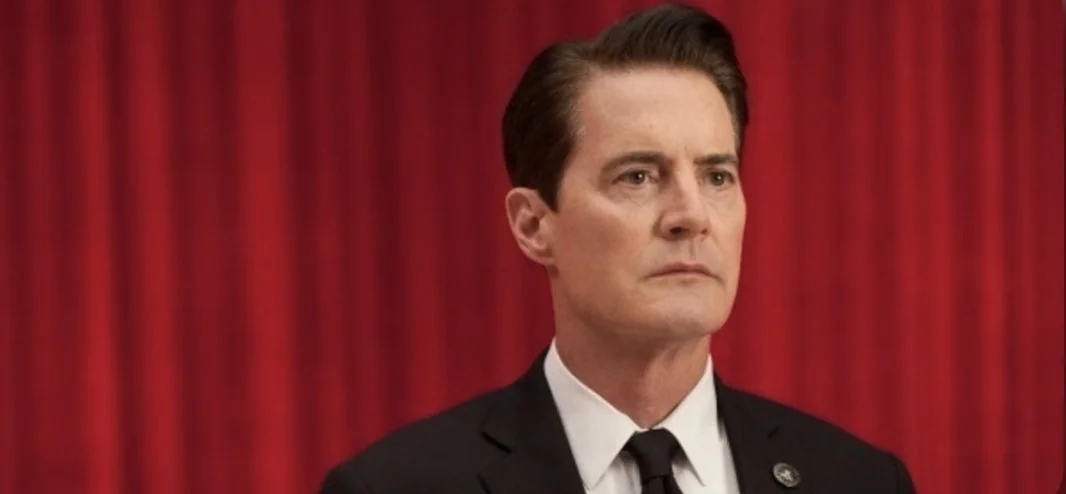A whole separate article needed to be written about David Lynch’s “Twin Peaks: The Return” placing at #146 on Sight and Sound’s Greatest of All-Time List.
When the S&S list was announced this morning, Lynch’s opus wasn’t part of it. Then a few refreshes later, and after emails from a few kind readers, it suddenly appeared. Maybe S&S had a last-minute change of heart and decided that, yes, this was indeed cinema, not TV.
Only five movies from the 2010s placed higher in the top 250 than “Twin Peaks: The Return.”
There’s been much debate over whether or not Lynch’s ‘The Return’ should be considered a film or a television series, with critics being split on the debate. “Twin Peaks: The Return” placed #17 on our Best Films of 2010s poll, which surveyed over 200 film critics. Jim Jarmusch is also an adamant defender of Lynch’s masterpiece, saying it was the “best American cinema of the last decade.”
I watched the first two episodes when it screened at the 2017 Cannes Film Festival, but it felt like such an incomplete experience. Of course, they couldn’t show all 18 hours, that would have been madness, but it was only after binging it at home that I realized what an achievement Lynch’s work truly was.
"Twin Peaks: The Return" felt, for many, including this writer, like this generation's "2001: A Space Odyssey." It broke so many rules associated with television. Artistically, it quite simply put every "risking-taking" series to shame. Lynch's vision was so far out, almost feeling like it was from another dimension.
Whether you loved "Twin Peaks: The Return" or hated it, and there were some TV critics who did hate it, you can't deny that Lynch's instinctual artistry came off as anything but inspiring for a future generation of filmmakers — which is why "The Return" likely changed not just television, but cinema forever.






